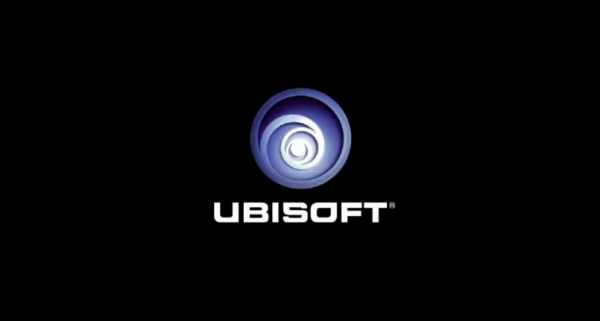Ubisoft recently received a $161 million investment from a company known as Vivendi, which is known for aggressively pursuing companies within the entertainment sector. As it turns out, Ubisoft's CEO isn't too happy about the cash infusion, according to an internal memo circulating over at the publisher's offices.
The internal email brands the huge investment as “unsolicited and unwelcome”. In total, Vivendi's money bought it a 6.6 per cent stake in Ubisoft and CEO Yves Guillemot is worried that this isn't their first buy-in. The email was obtained by GamesIndustry.biz
Vivendi could potentially continue to aggressively purchase massive amounts of shares until it has a majority stake in the company. Ubisoft's CEO is worried that if Vivendi did end up in control, that it wouldn't “understand [Ubisoft's] expertise and what it takes to succeed in [the games industry]”. Ubisoft will apparently fight off any potential take over in an effort to preserve its independence. Guillemot also doesn't want current Ubisoft developers to be distracted by this unwanted business and to keep focussing on game development for now.
Some of you might remember Vivendi as the company that bought a majority stake in Activision. A couple of years ago, the publisher had to pay $8 billion to regain its independence.
KitGuru Says: Ubisoft Has developed some huge franchises over the last few years, the company even has a typical formula that all of its games follow. However, the company and its future games could be adversely affected by a takeover from an outside company.
 KitGuru KitGuru.net – Tech News | Hardware News | Hardware Reviews | IOS | Mobile | Gaming | Graphics Cards
KitGuru KitGuru.net – Tech News | Hardware News | Hardware Reviews | IOS | Mobile | Gaming | Graphics Cards




I’ll take a million of that! I got a few games I want to design.
xD
More from the email on gamesindustry.biz:
“Vivendi and his [sic] chairman” had a reputation for, “aggressively pursuing companies within the entertainment sector.”
“Our intention is and has always been to remain independent, a value
which, for 30 years, has allowed us to innovate, take risks, create
beloved franchises for players around the world, and which has helped
the company grow into the leader it is today,” (heh, leader)
“We’re going to fight to preserve our independence. We should not let
this situation – nor any future actions by Vivendi or others – distract
us from our goals. Our best defence is to stay focused on what we have
always done best – deliver the most original and memorable gaming
experiences.”
Good guy Ubisoft. I’ll forgive you for making me use Uplay for now
yeah, they want to stay independent so they can keep pumping out those same AC games each year CoD style…
If you’re going to have shares in your company and you don’t want someone else taking over you’d better make sure you have the majority.
What about the bug-ridden messes of releases, or the formulaic churned out paydays year-in, year-out, or the just general low standard of PC releases?
They have a LOT to be forgiven for as far as I’m concerned, and frankly I’d welcome their demise as a publisher.
until they reject it, and you have to do as they said, since it’s their money. Welcome to the business world.
Well the only thing I’ve played from Ubisoft on pc so far was rainbow six siege, which was fine but Uplay was trashy
Can I clear this up? Phrasing it as Ubisoft receiving an investment is a little misleading. As a long time gamer, and (boo-hiss) an accountant, I can mansplain with the best:
A company normally has something called share capital (you can have companies without shares but they’re nowhere near as common).
When a company is formed, these shares are sold to investors, often the people who set the company up.
The investors can be people, pension funds or other companies.
The company that has issued the shares generally has little or no control over who buys them after the initial sale, especially once it becomes listed on a tradeable exchange.
When the shares change hands, the company who’s shares are being bought and sold won’t see any of the money, the owner of the shares will.
The only way the company will see any money is if it issues new shares and a company is unlikely to issue new shares to some entity it doesn’t like.
There are rules and regulations on issuing new shares (dependent on several things, where the company is listed, where it is incorporated and what it’s own constitution says).
Companies are not allowed to own their own shares. Sometimes companies do share buy backs, where they buy and cancel their shares but they cannot legally own shares in themself.
“if Vivendi did end up in control, that it wouldn’t “understand [Ubisoft’s] expertise and what it takes to succeed in [the games industry]”. ” Totally succeeding, Ubisoft